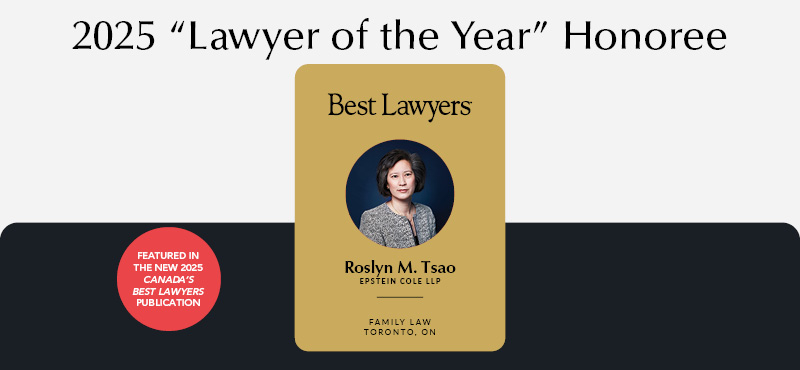Agency interpretations of statutes no longer receive judicial deference in Ohio. That is the landmark holding of the Ohio Supreme Court’s recent decision in TWISM Enterprises, L.L.C. v. State Bd. of Registration for Professional Engineers & Surveyors, Slip Opinion No. 2022-Ohio-4677 (December 29, 2022). Writing for the majority, Justice DeWine’s opinion unequivocally rejects all forms of mandatory deference, giving judges complete discretion to consider the agency’s interpretation, or not, in combination with other canons of statutory interpretation—and then only if the statute is ambiguous. Ohio’s approach to agency deference now diverges from the federal courts’ mandatory deference approach first adopted in Chevron, U.S.A., Inc. v. Natural Resources Defense Council, Inc., 467 U.S. 83 (1984).
The appellant in TWISM, a start-up engineering firm, challenged the agency interpretation of a statute setting requirements for providing engineering services in Ohio. The relevant statute requires a firm to “designate one or more full-time partners, managers, members, officers, or directors” as being in “responsible charge” of its engineering activities. The Ohio Board of Registration for Professional Engineers and Surveyors—the agency that administers the statute—took the position that a “full-time manager” under the statute must be an employee of the firm, not an independent contractor. Because the firm’s designated manager, who provided all of the firm’s engineering services, was paid as an independent contractor, the agency denied the firm’s application for a certificate of authorization.
On administrative appeal, the Hamilton County Court of Common Pleas declined to defer to the agency and agreed with the appellant’s view of the statute. The Court of Appeals for the First District reversed, holding that the statute was ambiguous and that it was required to defer to the agency’s interpretation. The Ohio Supreme Court accepted the appeal on two propositions of law, including the proper approach to administrative deference.
Before tackling the interpretive question, the Court took a deep dive into its prior cases addressing agency deference. Those cases reflected three different approaches to deference: (1) mandatory deference as long as the agency interpretation is reasonable, without regard to statutory ambiguity; (2) mandatory deference to a reasonable agency interpretation of an ambiguous statute (i.e., “Chevron deference”); and (3) permissive deference, which allows consideration of an agency interpretation of an ambiguous statute, but does not require following it. TWISM at ¶¶ 25-27. Readers who are familiar with these competing views in the federal context will recognize the third approach as “Skidmore deference.” See TWISM at ¶ 46 (quoting favorably Skidmore v. Swift & Co., 323 U.S. 134, 140 (1944)). The Court went on to adopt the third approach.
The Court began its analysis with the Ohio Constitution, which establishes separation of legislative, executive, and judicial powers. The authority to interpret the law rests “exclusively in the judicial power,” a task “difficult to reconcile” with deference to an agency in the executive branch. TWISM at ¶¶ 33-34. Mandatory deference thus undermines judicial independence: “[H]ow can the judiciary fairly decide the case when it turns over to one party the conclusive authority to say what the law means?” TWISM at ¶ 35. Even the most relevant Ohio statute, the Ohio Administrative Procedures Act, speaks of agency deference as a matter of discretion rather than rule. To guide lower courts in considering agency interpretations, the Court cautioned that the agency’s expertise might prove helpful “in a specialized matter that involves technical meaning,” but not likely if the issue involves “interpretation of text involving common words used in their ordinary sense.” TWISM at ¶ 47.
Having rejected mandatory deference to the agency’s interpretation, the Court easily concluded that the statute nowhere required managers to be employees rather than independent contractors. The Court therefore sided with the appellant against the agency. Chief Justice O’Connor and Justices Stewart and Brunner concurred in the judgment only, and did not write separately.
TWISM is significant for Ohio practitioners who advise clients regarding agency-implemented statutes. When a dispute proceeds to an administrative appeal, what matters now is not primarily the agency interpretation, but rather the statutory text. Canons of statutory construction—which judges already use to interpret ambiguous statutes where there is no agency interpretation—carry equal weight with an agency interpretation. In other words, the judge can follow them if the judge finds them persuasive, not just because the agency said so. In this way, TWISM empowers litigants to make the most persuasive argument for their position and empowers judges to adopt it even when the agency disagrees.
















